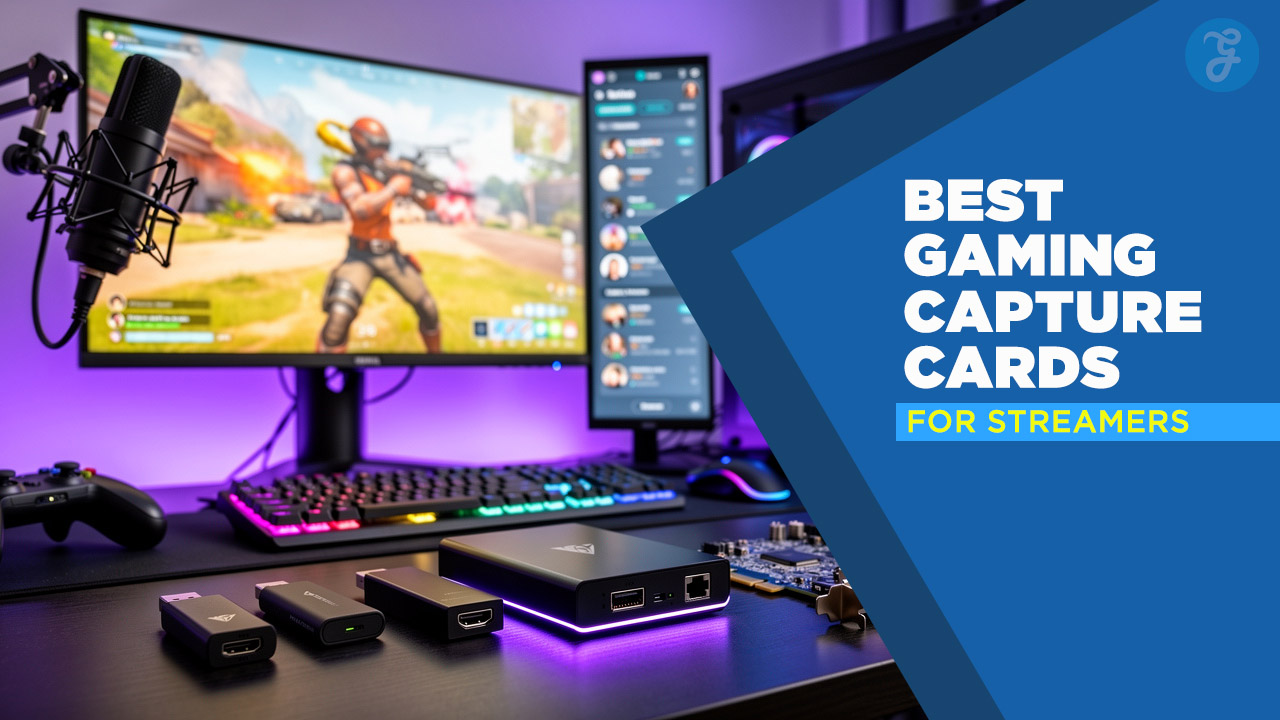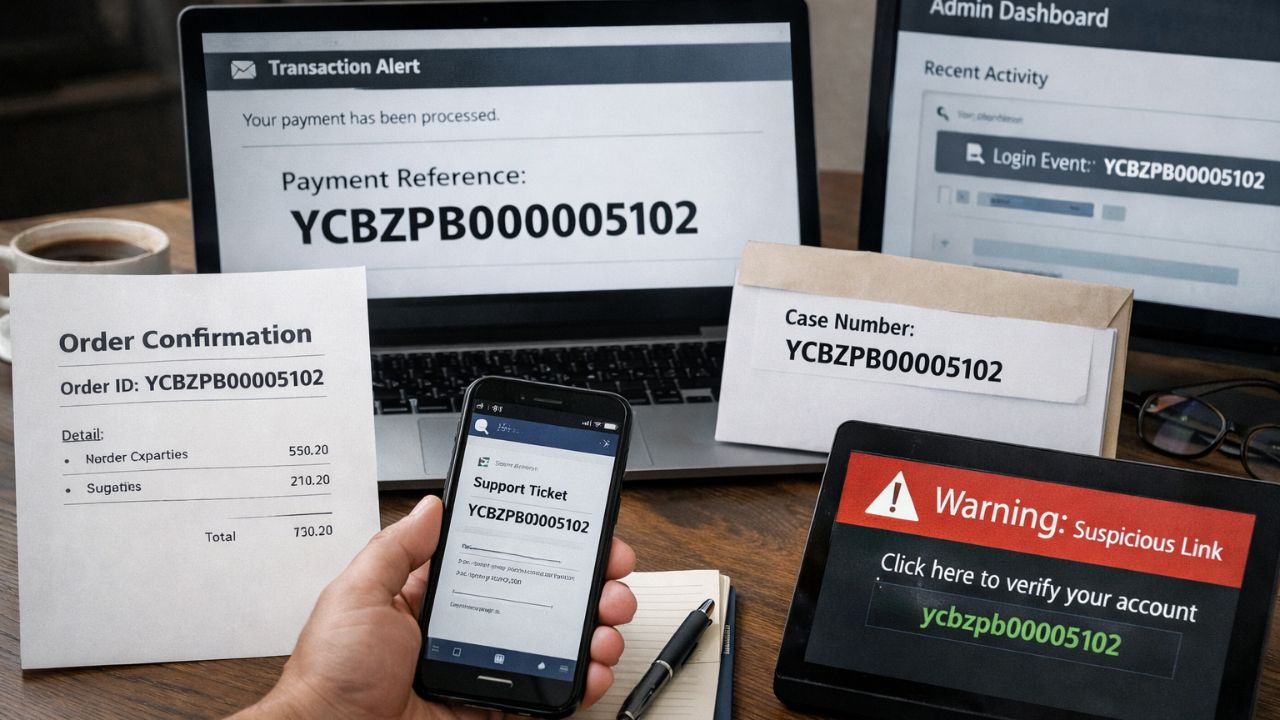Tom Brady, one of the most iconic figures in NFL history, has found himself in the headlines once again—this time not for his performance on the field but for a significant financial move off it.
Brady’s recent purchase of a stake in the Las Vegas Raiders has sparked debates, as many believe he secured a deal far below the team’s true market value. Reportedly valued at $3.5 billion, the deal’s unusually favorable terms have caused some unrest within NFL circles.
Brady’s Raiders Deal Value: Too Low for Comfort?
Brady, alongside his co-investor Tom Wagner, founder of Knighthead Capital Management, agreed to purchase a portion of the Raiders at what some view as an undervalued price.
According to Ben Fischer of Sports Business Journal, the pair will pay $244 million for their stake in the team, with $24 million of that amount going toward a tax obligation from the Raiders’ 2020 relocation to Las Vegas.
This valuation places the team’s equity at just $2.2 billion, which is significantly less than the $3.5 billion estimate from other sources. This gap between the estimated worth and the price Brady is paying has raised concerns, particularly when compared to other recent NFL team transactions.
NFL Owners’ Initial Resistance
Several NFL owners expressed concerns about the undervaluation when the deal first came up. Last year, Jim Irsay, owner of the Indianapolis Colts, publicly expressed that the price Tom Brady would be paying for his Raiders share wasn’t nearly enough.
Irsay pointed out that based on market value, a 10% share of the Raiders should be priced around $525 million, yet Brady’s deal was hovering closer to $175 million—far below what others might have expected.
“If reasonable value says . . . that 10 percent should be $525 million, you can’t pay $175 million,” Irsay remarked, making it clear that Brady’s offer fell significantly short of fair market value.
NFL Approval Despite Concerns
Despite the initial resistance from NFL owners, the deal ultimately received approval, but not without lingering questions about its impact on the league’s financial ecosystem. The NFL’s acceptance of such a low valuation has stirred up fears among team owners that this might devalue the equity of other franchises.
For a sport that thrives on a delicate balance of competitiveness both on and off the field, this sweetheart deal for Brady might set a precedent for future transactions, potentially harming the long-term financial health of the league.
A Conflict of Interest?
Adding another layer of controversy is Brady’s continuing role with Fox Sports as an NFL game analyst, a position that could create a clear conflict of interest.
His involvement in broadcasting NFL games and being a part-owner of the Raiders has raised eyebrows. Many are questioning how Brady can maintain impartiality in his commentary and avoid potential bias when discussing the team he now partly owns.
A Foreshadowing of the Future?
There’s also speculation that this deal is just the beginning for Brady’s ambitions with the Raiders. Some speculate that Brady’s aspirations to become the franchise’s controlling owner are inevitable.
If that happens, concerns arise about how such a deal might unfold, especially given the favorable terms he received this time around. Will Brady be able to acquire the necessary 30% control stake at a similarly discounted price?
Tom Brady’s Raiders purchase has undoubtedly stirred up significant conversation across the NFL, with many owners questioning whether the deal reflects fair value. Brady’s on-field legacy has solidified, and his off-field actions, particularly this deal, could significantly influence the future perception and management of NFL ownership transactions.
Whether this is a one-time occurrence or a sign of more favorable deals to come for the star, one thing is certain: Brady continues to be a major force, both in the world of football and business.
The Information is Collected from NBC Sports and Forbes.








































